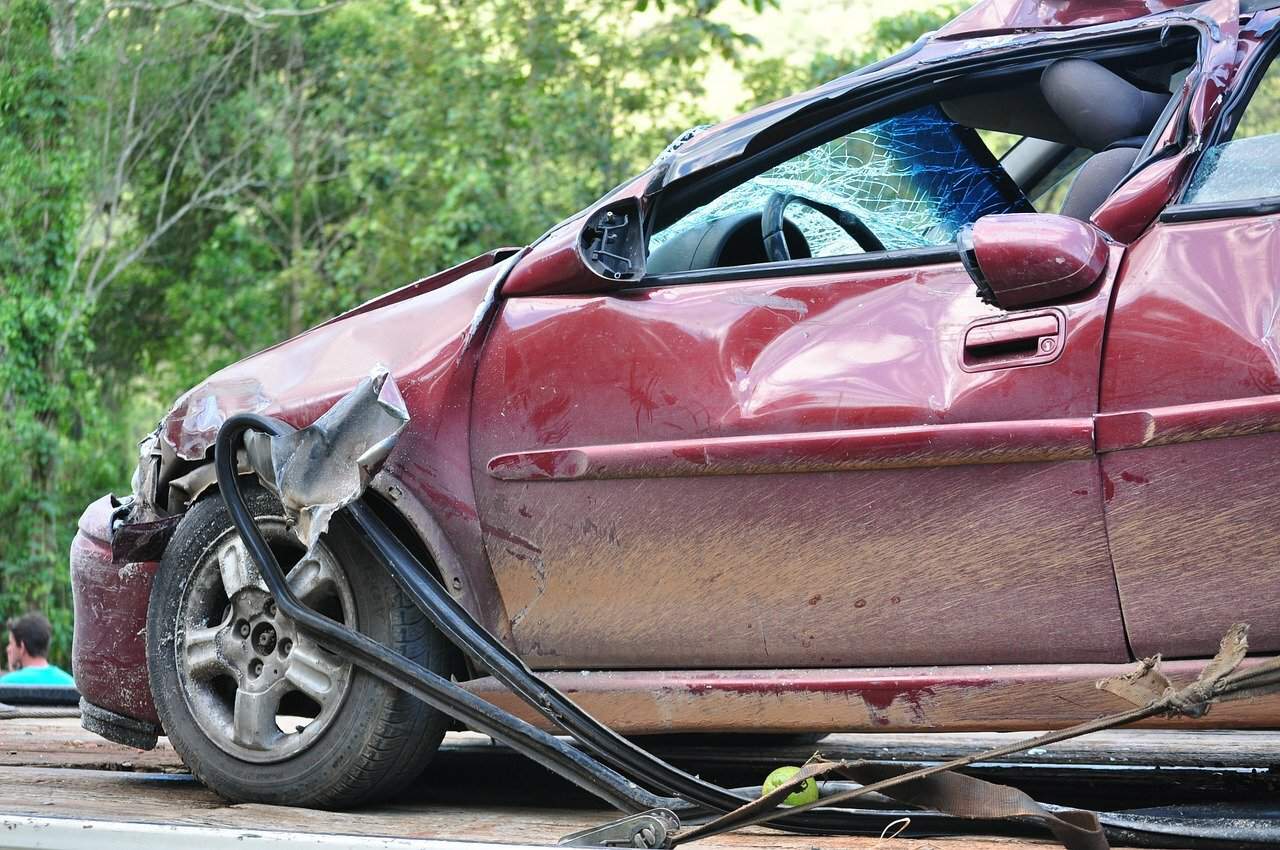Having insurance is a no brainer. We require insurance for a multitude of things, whether it’s to insure your home, your car, or your belongings. However, finding the right insurance can be difficult. That’s where ONIT comes in. So, how does insurance work at ONIT? Let’s break that down for you.
Why ONIT?
As said above, having insurance is necessary, but it isn’t always easy. ONIT works directly with both large and small insurance companies. This way, your insurance coverage matches exactly what you need in a budget friendly option. Our licensed brokers help to find you the best deals and supply extra savings when bundled. We’re here every step of the way, from the time you call us to the time you’re settled in. ONIT takes away the confusion and industry jargon, making sure you have real answers.
We recognize that every person and every family is unique. So why shouldn’t your insurance coverage be unique, too? That’s where our top notch customer service comes in. With ONIT, every single person can expect honest answers and the best rate for insurance premiums that you’re looking for. We want to work with you to find the best plan tailored for you and your family.
So, what options does ONIT Home cover? We have home insurance, flood insurance, auto insurance, bundled car and home insurance, renters insurance, boaters insurance and life insurance. Let’s break down each category so you and yours can be insured with the best in no time.
Home Insurance
If you’ve taken out a mortgage to buy a home, chances are the lending company has to know they’ve made a good investment with you. Therefore, you’ll need home insurance. You’ll want to start shopping early for home insurance, as it needs to be down before your home closes. The average time to start looking is when you’re 30 days out from closing.
Home insurance is an incredibly common form of insurance. So how does insurance work with ONIT and your home? Our home insurance packages include plans that matter the most to each customer. Every homeowner has needs that evolve, so avoid any financial harm with the protection and coverages we offer.
How Does Insurance Work: Home Edition
There are five key things that your insurance will cover, as reported by Forbes.
- Dwelling. This covers the total cost if you had to rebuild your home due to damages. This includes natural disasters and fires. However, please note that this does not include flooding, unless it is exclusively outlined.
- Personal Belongings: this includes the cost to replace or repair personal belongings after an event such as theft, fire, or lightning strikes. Remember that you do have the ability to upgrade policies if you’re wanting more coverage for your belongings.
- Liability Insurance: This pays for medical expenses and/or property damage that household members can cause to others while on the property. If you have a guest that breaks their leg on a trampoline, or gets a dog bite, they could sue you for medical expenses. This is where your liability insurance comes in to cover it. Typical homes have a starting limit of $100,000, but you should consider raising it to $300,000 or more, because this is money that you’d be sued for.
- Medical Payments to Others: This is there for minor injuries, like if someone were to require a small amount of stitches.
- Additional Living Expenses Coverage: This is the extra “loss of use” such as hotel bills, meals or other costs if you cannot live in your home due to a problem covered by your policy, like a tornado, fire or collapsed roof.
How Does Insurance Work With Floods?
We’re entering flood season, are you covered? Home insurance doesn’t always cover floods, that’s where we come in. ONIT Home gives your home a flexible safety net through flood insurance. ONIT’s insurance is tailored towards your needs and working in your best interest.

Auto
Having car insurance is a necessity that isn’t going away anytime soon. Auto insurance is a collection of policies used for different items. These are the following categories for auto insurance:
- Liability coverage
- Bodily injury liability
- Property damage liability
- Collision and comprehensive coverage
- Personal injury protection
Every driver is different, and that’s why every policy is different. Each person has different needs depending on the value of the car. While some people tend to go for the bare minimum to pass state laws, the minimum might not be enough to fit all that you need. For instance, if you live in an area that frequently experiences severe weather, you should consider an auto insurance policy with coverages pertaining to natural disaster damages.
Let’s focus on the two different coverages that are offered: liability and comprehensive. Liability insurance is the basic form of coverage that most states require. This only pays for injuries and damages to the other party. Therefore, if you’re found at fault for an accident, your insurance pays out the other car’s damages and any potential hospital fees for injuries. But, if your car is totaled or damaged, you won’t receive any financial compensation. Additionally, if you’re hurt in the accident, you will not have any financial assistance with your insurance.
On the other side of things is comprehensive coverage. Think of this as the heftier form of insurance. This gives you protection over a range of things, including vandalism, severe weather, thieves, and fire. This form of coverage gives you assistance with any damage around your vehicle (think hail storms or car break-ins). Remember, the lower you keep your deductible, the higher your monthly premium goes up.

Bundled Home and Auto
So, how does insurance work if you bundle? Bundling your home and auto insurance means that you have different types of insurance policies all under the same insurance provider. This gives policyholders the chance to achieve maximum savings, enhance convenience and streamline the insurance process. ONIT works with customers to make sure that they always get the best deal for a bundled package.
But, why would you bundle? There’s a few reasons. Bundling insurances can help you receive monthly and annual discounts. Additionally, if the unthinkable happens (like a total loss house fire) and you lose both your home and car, you’ll only need to file with one insurance company. The benefits of bundling boils down to the fact that it saves you money. Take advantage of multi product discounts and save on your premium by bundling with ONIT.
How Does Insurance Work for Rentals? Let’s Talk About Renters Insurance
If you live in a rental home or an apartment, chances are you’ve had to take out renters insurance. Renters insurance is sometimes referred to as tenants insurance or HO-4 insurance. Regardless of the name, this form of insurance covers a few different things. Even if your landlord has property insurance, you need to take out your own rental insurance policy. Property insurance only covers the structure of the house or building and any accident aht can occur in the public areas (think elevators, front stairs). Think of rental insurance as something similar to home insurance, as it typically covers personal property damages, liability coverage and loss of use coverage.
Whether you’re a minimalist or someone who holds onto things forever, we all have accumulated items for our homes. These items can range from sentimental items to expensive items. That’s why you want to keep these items safe through renters insurance and personal property coverage. This provides renters with financial reimbursement in the event that their personal property is damaged, stolen, destroyed or lost in a protected event. Your personal property includes many things such as furniture, electronics, jewelry, and clothing. Protected events vary through each insurance agency, but generally, they all cover these items:
- Theft. Some insurers will offer property protection coverage on covered items, even if they are not stolen within your home.
- You are damaged by vehicles that are not your own, but not including damages to your vehicle.
- Fire and lightning
- Smoke damage
- Short circuit damage from electrical appliances
- Damage due to the heavy weight of snow or ice
- Vandalism
These items count towards financial reimbursement, but you will have to pay a deductible. This is similar to any form of insurance, so you will have to put money in towards replacing or repairing your items through insurance.

Boat Insurance
If you have a boat, you may want boat insurance. Having boat insurance is essential, even if you aren’t using your boat on a day to day. Home insurance does not cover the full value of a typical boat, as they generally set limits on both value and size. Therefore, you’ll need to have your own insurance policy, separate from homeowners insurance. Most states don’t legally require insurance for boats, however there are marinas that require some level of insurance if the owner uses mooring or a slip. Additionally, some marinas mandate boat insurance to even use their facilities for any boating related purposes, or even name them as an additional insured party on your boat insurance policy.
Another reason you may require boat insurance is if you don’t own the boat outright. Banks see this as having a financial claim to your boat, so they could require you to have insurance on it. Additionally, the bank could require minimum coverages. For example, listing the bank on the policy. This identifies them as someone else making payments, giving them compensation if the boat becomes a loss.

Life Insurance
Having life insurance is a morbid thought, but being prepared is always the best route to take. Life insurance is a contract held between a policyholder and an insurance carrier. With this, the insurance promises to pay a beneficiary in exchange for a premium in the event that the policyholder dies. The beneficiary is paid out to a person designated by the policyholder. Expenses such as funeral expenses can also be included in benefits. These are legal contracts and the terms have limitations on the events of death. For example, a beneficiary will not be paid out if the death is caused by suicide, fraud, war, riot or civil commotions.
How Does Insurance Work With ONIT
Having insurance through ONIT is as easy as reading this article. No, really. Our team of experts is equipped with the tools and technology to find you the best form of insurance possible. Finding the right insurance for your family shouldn’t be a headache. Give us a call at 1-833-433-0331 or visit us online for a free quote.
With ONIT, if you buy a water system, we’ll give you a $2,000 security system for only $1,000! This way, you can protect your family from contaminated water and protect them with a safe home. Additionally, we’re offering a free security and water system for free with the purchase of a solar system. Our customers get $1500 in vouchers to be used for security, water, and solar. Take advantage of this great offer today by calling us at 1-833-433-0331.



